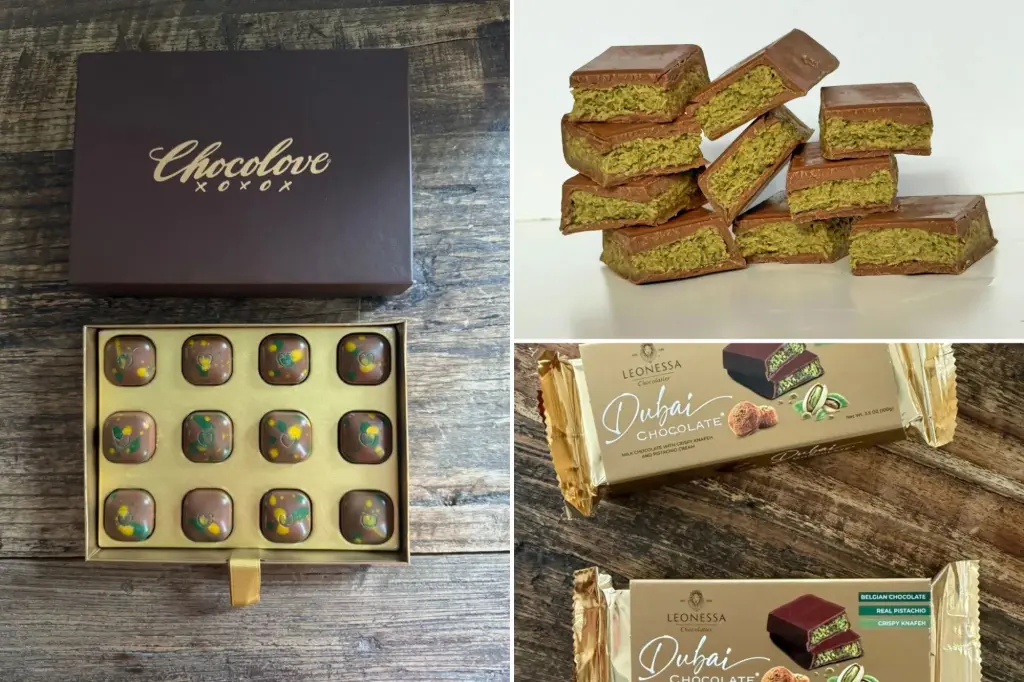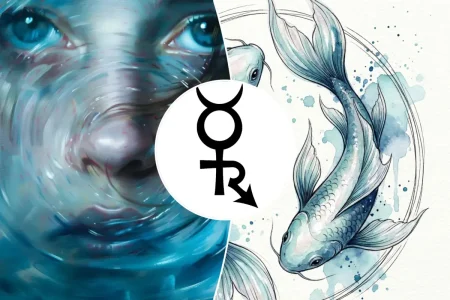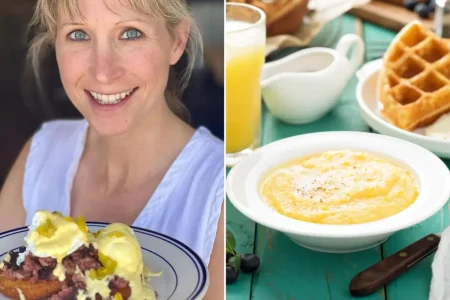Dubai Chocolate: A Sweet Revolution That’s Here to Stay
The world of confectionery has seen many fleeting trends come and go, but occasionally, something special emerges with staying power. Dubai chocolate appears to be one such phenomenon. Unlike passing fads, this rich, indulgent treat has established itself firmly in the global sweet scene and continues to evolve in exciting ways. Born in the United Arab Emirates in 2021 through the creativity of Fix Chocolatier, Dubai chocolate bars became a social media sensation by 2023. What makes them distinctive is their unique composition: a thick milk chocolate exterior housing a luscious pistachio and often tahini-based filling, interspersed with crispy shredded kadayif, a phyllo-like pastry that adds a satisfying textural contrast. This combination of smooth creaminess and delicate crunch has captivated chocolate lovers worldwide, prompting Din Allall of The Nuts Factory to declare, “I don’t call this a ‘trend’ anymore — it’s a whole new thing.” The impact has been so significant that it has even contributed to a global pistachio shortage, according to Iranian nut producer Keinia, who cited the “explosive surge in demand fueled by the viral ‘Dubai chocolate’ TikTok trend” as a primary factor.
The popularity of Dubai chocolate extends far beyond its original bar form. Innovative bakers and confectioners have transformed the concept into an array of delightful creations, from croissants and milkshakes to parfaits and ice cream. The Nuts Factory alone offers twelve flavors of Dubai chocolate bars alongside chocolate- and pistachio-covered Dubai dates, Dubai-coated roasted nuts, layered Dubai chocolate strawberry parfaits, and even a luxurious Dubai Golden Chocolate bar infused with edible 24-karat gold priced at $79.99. What sets Dubai chocolate apart isn’t just its flavor profile but also its structure – Allall emphasizes the importance of the bar being “huge, thick, with lots of filling.” This combination of generosity and indulgence has resonated with consumers seeking both comfort and luxury in their treats. Google search trends reflect this sustained interest, with searches for “Dubai chocolate” spiking dramatically in early 2023, peaking in March, and maintaining elevated levels ever since.
Major retailers and food establishments have eagerly embraced the Dubai chocolate movement. Trader Joe’s now carries a Dubai chocolate bar made by Patislove, while IHOP introduced a limited-time Dubai pancake stack in select locations last August. Baskin-Robbins has incorporated Dubai-inspired products into its ice cream lineup, and Costco offers various Dubai chocolate confections, including a Dubai chocolate cake. Even Swiss chocolate giant Lindt has joined the phenomenon, creating such excitement that crowds formed when they released a limited number of their Dubai-inspired bars in Europe. Walmart and QVC have also added Dubai chocolate to their product ranges, signaling the treat’s mainstream acceptance. The appeal, as chocolate buyer Erica Lefkowits explains, lies in the harmonious contrast of textures: “The chocolate is soft and melty, and the filling is creamy, and then the crunch of the kadayif. It’s all about the texture. Plus, it’s sugar.” Beyond the sensory experience, Dubai chocolate offers consumers a taste of luxury and exoticism through ingredients like pistachios, rose, saffron, and cardamom.
Despite its growing popularity, Dubai chocolate remains a relatively specialized product in the American market. According to market research company NielsenIQ, U.S. retail sales of pistachio-filled chocolate totaled $822,900 in the year ending June 28, a fraction of the $16.27 billion in total chocolate sales. However, the growth trajectory is remarkable – unit sales of pistachio-filled chocolates increased by an astonishing 1,234% compared to the previous year, while overall chocolate sales experienced a slight decline of less than 1%. This explosive growth has amazed even veteran retailers like Stew Leonard, Jr., CEO of Stew Leonard’s grocery stores in the New York metropolitan area, who remarked, “I’ve never seen a single item sell like this in my 50 years of retailing.” His chain initially carried the BeeMax Dubai chocolate bar before launching their own house-branded version manufactured by Chocopologie, and they’ve expanded their offerings to include Dubai chocolate gift boxes featuring miniature Dubai ice cream cones, pralines, and bars for the holiday season.
The Dubai chocolate ecosystem continues to diversify with more brands entering the marketplace. Moda, Magno, and Leonessa have established themselves as widely distributed brands in the U.S., while companies like Chocolove have introduced bite-sized Dubai-inspired candies. For those seeking alternatives, Matteo’s Coffee Syrups offers a sugar-free chocolate coffee syrup inspired by the Dubai flavor profile. What began as a singular chocolate bar has evolved into a global movement that transcends traditional confectionery categories. Though premium-priced compared to conventional chocolate bars, Dubai chocolate’s combination of luxurious ingredients, satisfying textures, and exotic flavor notes has created a perception of value that consumers are willing to pay for. This isn’t merely another chocolate trend – it represents a paradigm shift in how we experience and appreciate confections, blending cultural influences, artisanal craftsmanship, and innovative textures into something that feels both novel and timeless. As Dubai chocolate continues to find new expressions and reach new audiences, it appears poised to cement its place as a permanent fixture in the global confectionery landscape.














